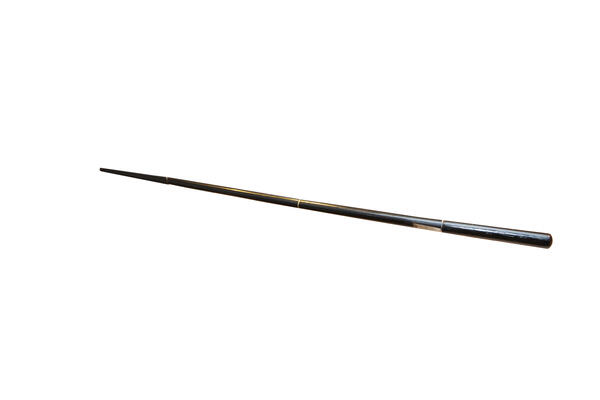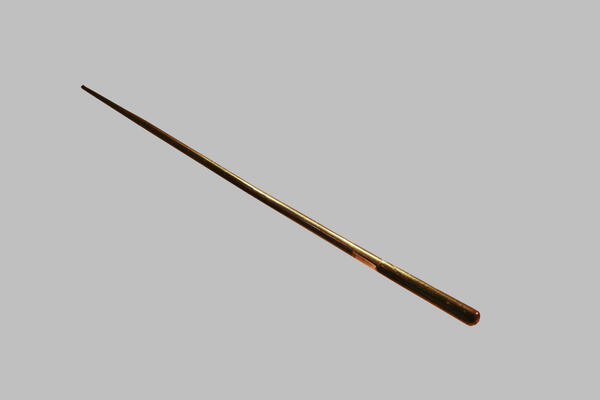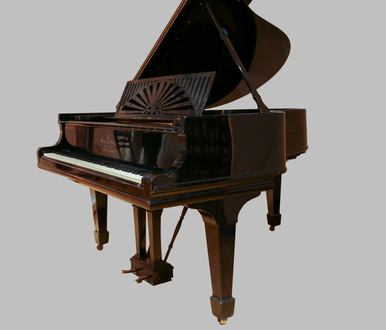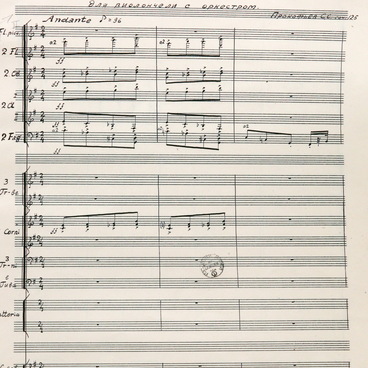At graduation, Prokofiev received the following reference from Tcherepnin, “Possessing an extraordinary talent for composing, he has also acquired rather decent conducting skills which will prove useful to him when conducting his own compositions. He has an incredibly heavy hand. However, he also demonstrates amazing productivity.”
Sometimes, Prokofiev was having difficulties conducting his own compositions. Before the premiere of “The Prodigal Son”, he was having trouble with conducting the fourth number that he wrote in the 5/4 time signature. He explained in his diary, “Five in a bar is not in itself so difficult but what complicates this music is that in the middle there are two bars with two beats, as a result of which the conductor has to cue now to the right, now to the left, and the musicians are not quite certain when precisely to come in.” To gain confidence, Prokofiev even took up a lesson with the famous conductor Serge Koussevitzky. He recommended conducting the piece “using short, precise gestures, but his main advice was to know it thoroughly, preferably by heart”. Prokofiev did exactly that and mastered the 5/4 number.
Later, Prokofiev reminisced, “Stravinsky and Rachmaninoff were in the audience. In the front row, two seats along from the podium, was Rachmaninoff; several times while I was conducting, I remembered his presence. It went pretty well; the orchestra had pulled itself together and played better than at the rehearsal. The 5/4 number I conducted with immaculate precision, which did not, however, prevent the orchestra making a few slips.”
Prokofiev conducted the premiere of many of his compositions, including “The Scythian Suite”, the Classical Symphony, the ballets “Chout” and “The Prodigal Son”, the opera “Love for Three Oranges”, the Divertissement for Orchestra, the symphonic fairy tale “Peter and the Wolf”, the cantata “Alexander Nevsky”, and the Fifth Symphony.




